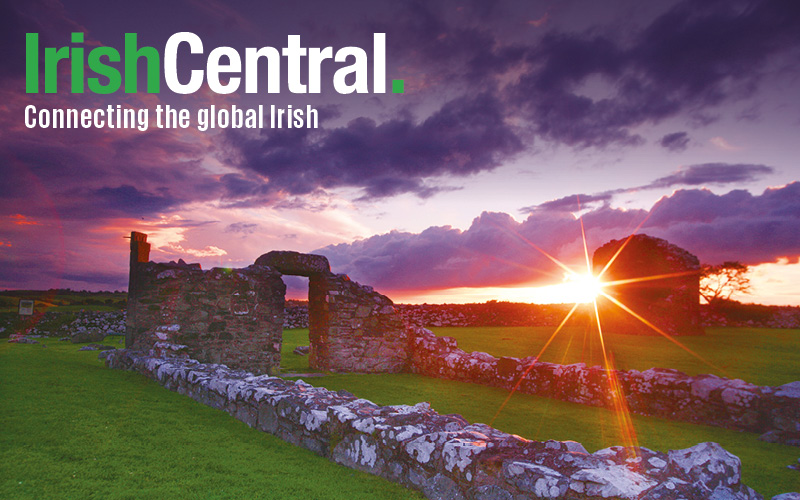So 10,000 Gaels turned out to save the Irish language in a demonstration in Dublin at the weekend. Good for them and you have to admire their commitment.
But that’s about half the total of full-time, every day speakers of Irish in the country.
Realists know there is only a very minor percentage of the Irish nation who use the Irish language, even occasionally, in their daily lives.
It is sad and unfortunate, but the numbers will likely only continue to drop.
The Gaeltachts survived because they were remote places. They are not any more thanks to modern communications. The language of business, of opportunity, is English, not just in Ireland but throughout the world.
That is just the way it is.
If you travel to Connemara or Dingle these days English is the lingua franca of the young people and probably better for them that it is especially if they want to prosper abroad in places such as Britain, the US and Australia.
Sure they know Irish, but they do not speak it full-time the way their parents did. Their children will know it even less and the inexorable death of the Gaeltachts will continue.Without the lifebloods of the Gaeltachts the language is doomed.
It does not mean that Irish culture will be lost, only translated into a language that is the most popular in the world.
The decline in Irish is irreversible. At its height – 170 years ago, before the Famine – about 7 million people spoke it daily.
Now there are 20,000. There is simply no way back.
There was a way right after independence, but the Irish blew it.
Patrick Pearse once referred to the Irish educational system under the British as “the murder machine.”
It retained that title for the Irish language.
The teaching of the language became fixated on grammatical construction and declensions.
The natural beauty of the language was squeezed out of the process.
Generations of school kids, myself included, hated it by the end of 14 years in primary and secondary school.
Three generations grew up having been force-fed the most unattractive form of the language imaginable.
I wish it had been different – that the spirit, the music, the poetry was what had been focused on like the Israelis did with Hebrew.
But it was an exercise in futility in Ireland.
Blame De Valera or blame the crazed conservative elements who insisted on a form of Irish that was cheerless and depressing.
Worst of all, purely as a teaching method, it didn’t teach the language well.
We are finding that era has come home to roost now.
As for the people who showed up to cheer on the language revival, I wish them well.
There are positive developments such as Irish language schools and the revival in Northern Ireland.TVG the Irish language television station is spectacular and the equivalent radio statio for each gaeltacht region is a vital link.
But alas, it is all too late. The Irish have an expression and – excuse me Irish speakers if I mangle it – “Ni he la na gaotihe la na scolb.”
“The windy day is not the one to thatch your cottage in.”
For the Irish language the windy day has even passed. But don’t blame anyone else—after independence we did it to ourselves.




Comments